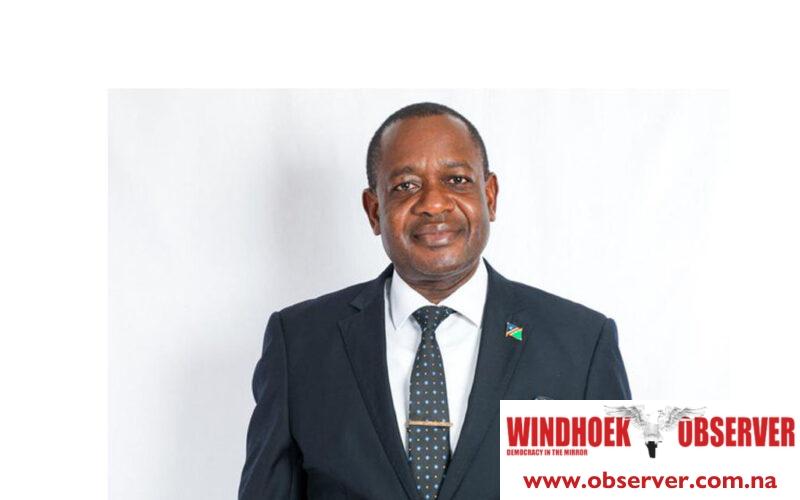Niël Terblanché
In an effort to further strengthen regional cooperation and sustainable development, Namibia is participating in the pivotal South African Development Community (SADC) Council of Ministers meeting held in Angola.
Peya Mushelenga, the Minister of International Relations and Cooperation, is leading the Namibian delegation, alongside notable government officials, including Penda Naanda, the Executive Director of the ministry, and Titus Ndove, the Executive Director of the Ministry of Finance and Public Enterprises.
This crucial gathering, chaired by Angola’s Minister of External Relations, Ambassador Téte António, in his capacity as the SADC Council of Ministers Chairperson, aims to deliberate on the progress and implementation of various SADC Council and Summit decisions.
Key topics on the agenda encompass human and financial matters, vital for driving sustainable industrialisation within the region, and updates on the execution of regional integration programs and activities.
The meeting, taking place after the session of SADC Senior Officials from 4 to 6 March 2024, serves as a forum for assessing the advancements made in the implementation of the SADC Summit’s theme for the 43rd session.
This year’s theme, “Human and Financial Capital: The Key Drivers for Sustainable Industrialisation in the SADC Region,” underscores the importance of addressing the dual challenges of developing adequate human resources in the era of climate change and the Fourth Industrial Revolution, alongside securing sustainable financial resources for the region’s industrialisation efforts.
The Namibian delegation will contribute to discussions on the status of SADC decisions implementation.
Additionally, the delegation will review the progress during the 2023/2024 Financial Year, deliberate on prospects for 2024/2025, and discuss and approve the SADC Secretariat’s Annual Corporate Plan and Budget for the upcoming year.
The meeting aims to enhance integration and support sustainable industrialisation efforts that are crucial for the economic growth and development of the SADC region.




